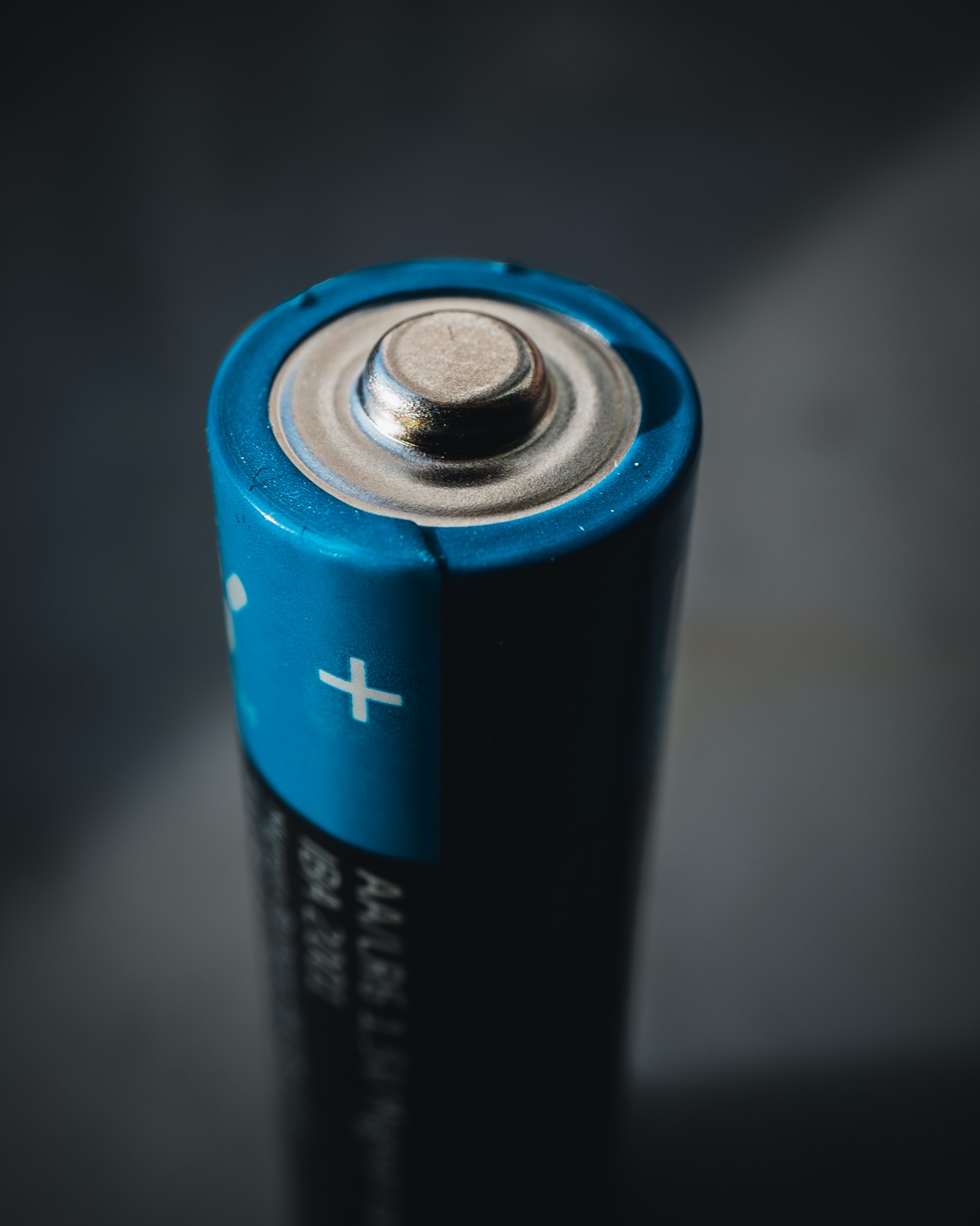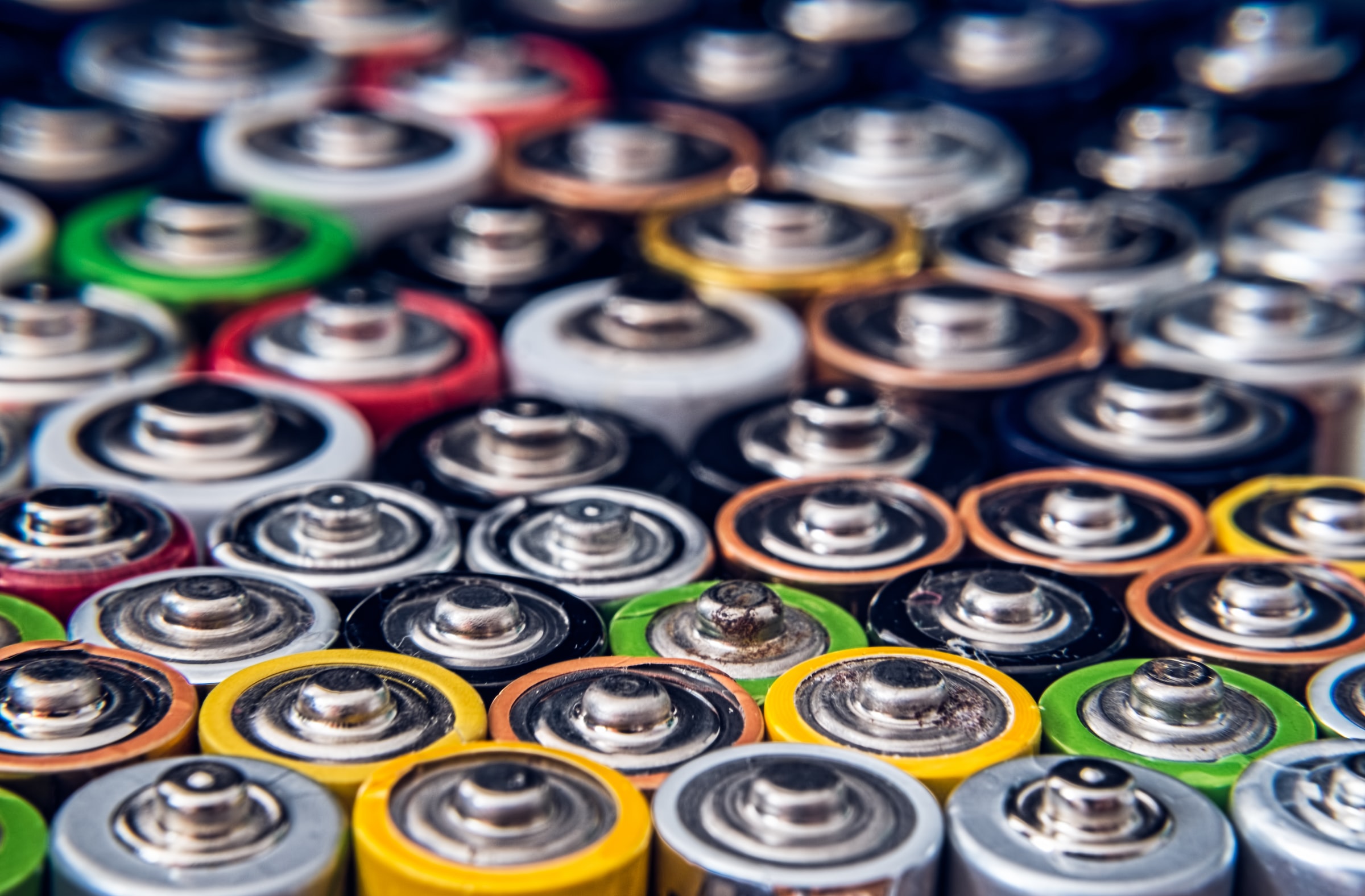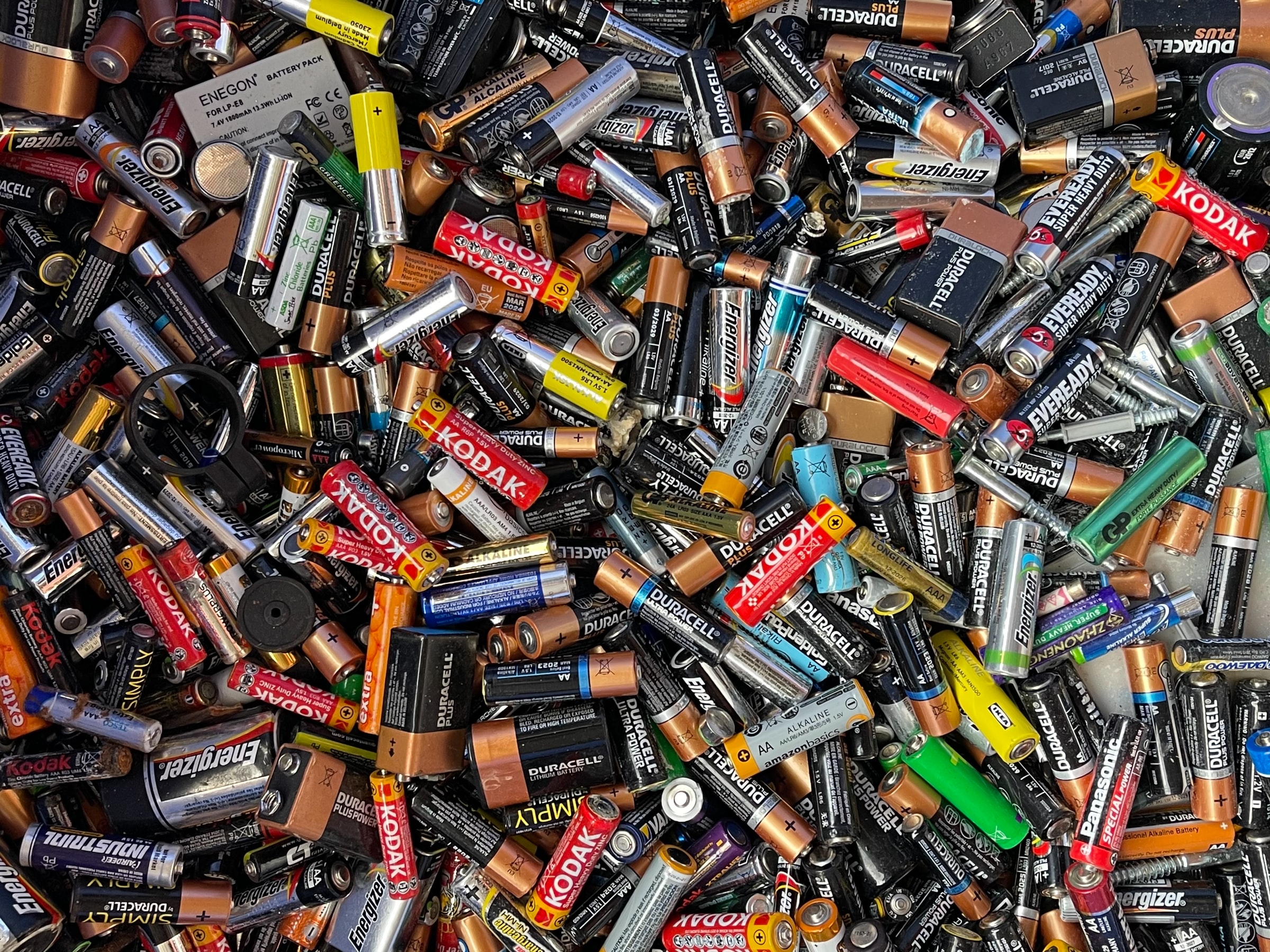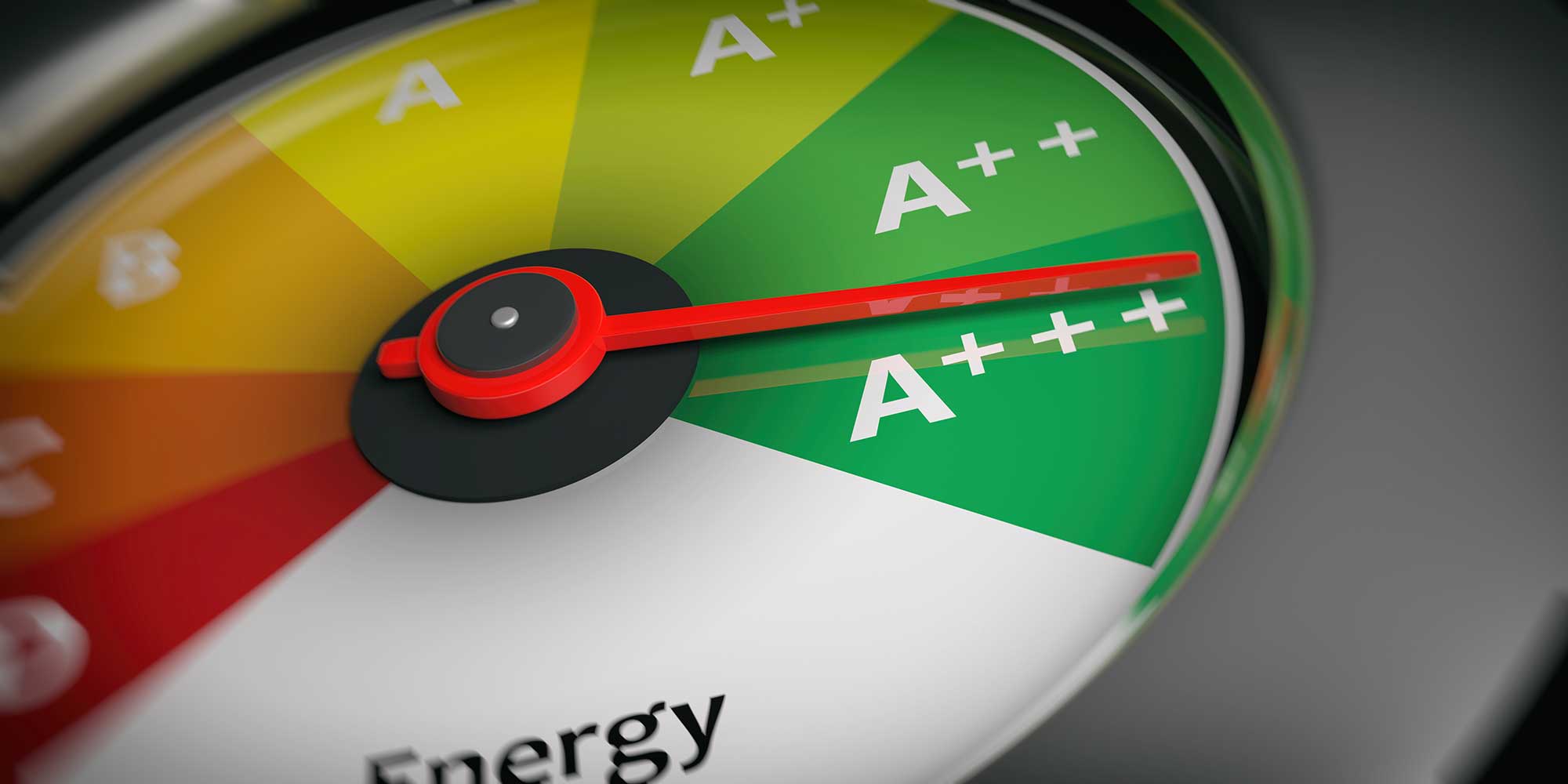Electric vehicles are often criticized for having problems with battery recycling. The industry does exist and is developing as the number of end-of-life units increases. So, without further ado, let’s dive into this blog and learn some of the things you need to know about car battery recycling.
Recycling lead batteries

The battery recycling process is not new. The operation already aims to limit the pollution of soils and waterways with products that would sometimes cause serious problems to living organisms until they ultimately reach human beings.
This is the case for lead batteries, whose main element is particularly toxic and can seriously destabilize the nervous and digestive systems. Lead is classified as carcinogenic, mutagenic, and reprotoxic. Because a battery of this technology is abandoned in nature, lead particles can poison the water and the soils. The liquid electrolyte, in the form of acid, is also very corrosive to the skin; the vapors at the end of the charge are irritating to the respiratory tract.
Recycling of cadmium batteries
Since a certain European directive (2002/95/EC), the sale of new NiCd batteries to private individuals is forbidden. Reason: cadmium is particularly dangerous for the environment and toxic for human beings when it reaches its gaseous form, carcinogenic.
This is the case at the end of the charge of these batteries, characterized by the emission of vapors which, in addition to containing hydrogen, present traces of cadmium dangerous for the respiratory system. Another danger of NiCd batteries is that the potash used as electrolyte is very corrosive to the skin.
Recycling of lithium batteries

Today, lithium batteries are used more in electric cars. Without recycling, there is a risk that, in the long term, abandoned batteries of this technology will be carried away by fires, creating large irritating and toxic fumes, which may contain hydrogen fluoride. Lithium is a metal that attacks organic tissue. It reacts with oxygen, nitrogen, and water vapor in the air to form a substance that is also particularly corrosive.
Recovering the components
The other advantage of recycling traction batteries is to recover components whose prices tend to soar, which are not always available in large quantities, and which can be used again. The manufacture of lithium cells requires different materials and a number of metals, including, depending on the technology, copper, cobalt, aluminum, iron, manganese, tin, vanadium, titanium, graphite, etc. Their recovery allows to reduce the costs of battery recycling, tending towards the self-financing of the dedicated structures.
Crushing

Most battery recycling methods start with crushing. The crushing of lead batteries recovers the electrolyte, polypropylene granules from the shells, and fractions of the metal which, after passing through a furnace at 1,200°C, is freed of impurities and comes out of the line in the form of ingots. The latter will be used to produce new batteries or hunting projectiles.
Two processes coexist for the recycling of lithium batteries, which also start with a crushing:
- In the hydrometallurgy technique, the ferrous metals are magnetically separated from the non-ferrous. The former are mined in steel mills. The others will undergo a chemical treatment via an acid solution, which will distinguish the different elements for the metallurgy sector.
- Using the pyrometallurgy method, lithium battery waste is introduced into a furnace with the aim of separating the metals by condensation. Three products emerge the slag that will be used as road fill and for the manufacture of rock wool; the ferrous metals found in luxury cutlery, in the brake discs of high-speed trains, and in anti-stall bars; and the non-ferrous residues to be refined.
Looking for help?
Are you in Campbellfield? Are you looking into buying a solar panel? Then look no further than Battery Shop. With over 2 decades of experience, they pride themselves on being the premier one-stop shop for all your battery needs in Campbellfield. They provide a wide range of services from batteries to solar panels and accessories across Victoria.
So, what are you waiting for? Give them a call to learn more about their services. Solar energy saves you money on your electricity bills and is environmentally friendly. So let’s take steps in the right direction and make a difference for our planet.

One thought on “Top 5 Reasons To Recycle Car Batteries”